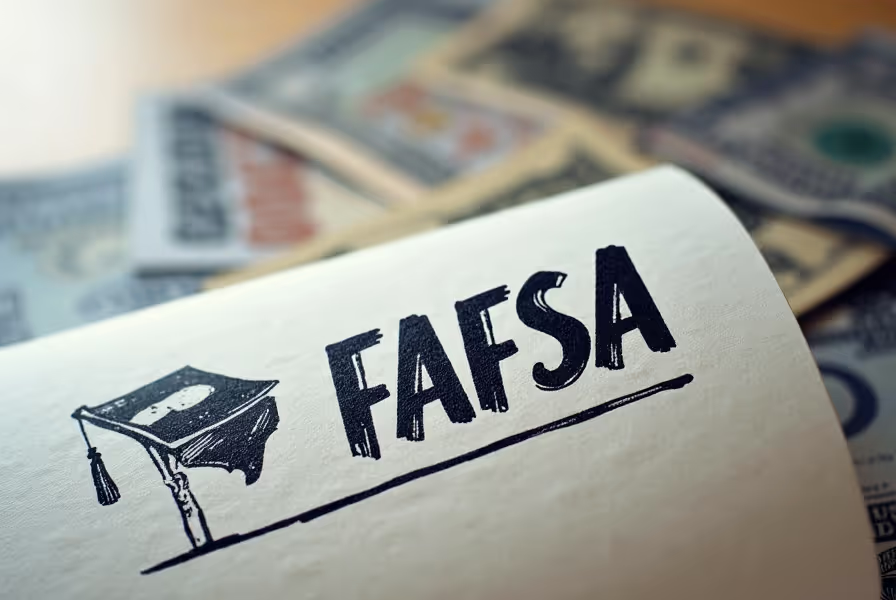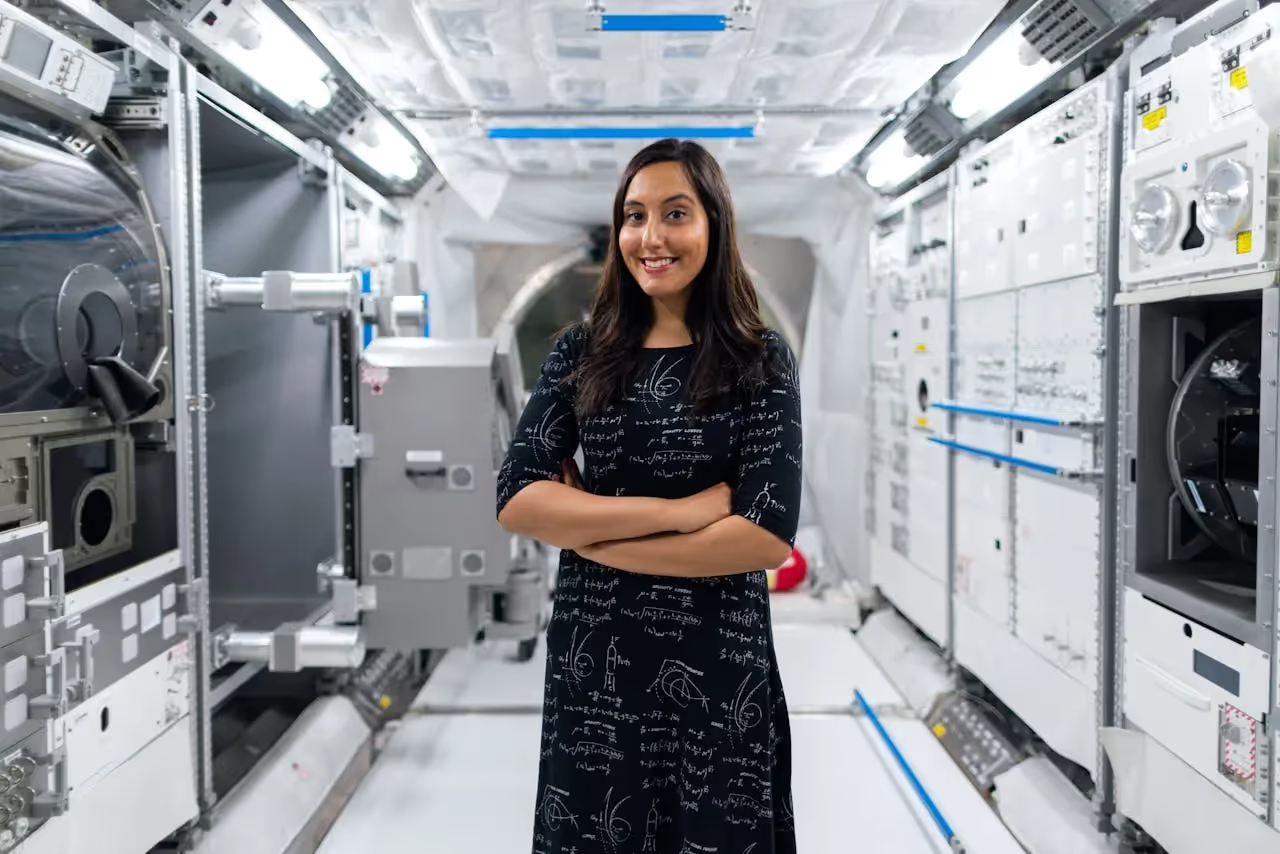How FAFSA Assesses Your Finances for Student Aid
If you are gearing up to apply for college financial aid, you may have wondered, Does FAFSA check bank accounts? This is a common concern for students and parents hoping to secure maximum aid. Understanding what information the Free Application for Federal Student Aid (FAFSA) uses is key to preparing your application and knowing what to expect.
Understanding FAFSA and Financial Information Requirements
FAFSA is the primary application used by the U.S. Department of Education to determine your eligibility for federal student aid. Colleges and many states also use it to award aid. When you fill out FAFSA, you provide a snapshot of your family's financial situation, which includes income, assets, and household details.
But, does the FAFSA application actually check your bank accounts or have direct access to them? The short answer is no, but there are important details you should know.
What the FAFSA Asks About Bank Accounts and Assets
FAFSA does require you to disclose your assets, which includes cash, savings accounts, and checking account balances as of the day you submit your application. These assets are asked about in specific sections of the form to help determine your financial strength and how much you can contribute toward college expenses.
- You will list the combined balances of your cash, checking, and savings accounts.
- Investment accounts such as stocks, bonds, and mutual funds also need to be reported.
- Real estate (other than the home you live in) should be included.
However, the FAFSA does not link to your bank accounts. Instead, it relies on an honor system. You provide the numbers, and accuracy is expected.
Does FAFSA Verify Bank Account Balances?
While FAFSA itself does not directly check your bank accounts, it’s important to be truthful. FAFSA can select your application for verification. If chosen, you may need to provide documentation that supports the figures you entered, including bank statements.
Here are some ways schools or the Department of Education may verify the information:
- Requesting recent bank statements
- Comparing reported figures versus account statements
- Checking for consistency with reported income and assets
Providing false information on FAFSA can result in penalties, loss of aid, and even legal consequences. Always use accurate and current numbers.
How Bank Balances Impact Your Financial Aid Eligibility
The reason FAFSA asks for bank account balances is to calculate your Expected Family Contribution (EFC). Every reported dollar in your bank account, after certain allowances, can affect how much aid you receive.
- Student bank account balances are assessed at a higher rate compared to parent balances.
- Assets in 529 college savings plans are usually reported as parental assets.
- Primary residence equity and retirement accounts are not counted.
Tips for Reporting Your Savings and Checking Account Balances
Here’s how to handle your bank account information on the FAFSA form:
- Check balances on the day you submit the FAFSA. FAFSA asks for your “current balance,” not an average or previous month’s total.
- Include all cash, savings, and checking accounts. Add up every account you or your parents (if dependent) own.
- Round to the nearest dollar.
- Do not guess or submit estimates. Use the exact balance available on application day.
Can FAFSA Access, Monitor, or Freeze Your Bank Accounts?
A frequent concern is whether FAFSA can watch your bank account, access your financial history, or freeze your funds. FAFSA and federal student aid authorities cannot directly access or control your bank accounts. Their interest is only in the numbers you report. However, if you are subject to verification or legal review for suspected fraud, documentation can be requested.
Searches Related to FAFSA and Bank Account Checks
- What happens if I lie about assets on FAFSA?
- Does FAFSA look at your savings?
- How much money can you have in your bank account for FAFSA?
- Do parents have to report bank accounts on FAFSA?
- Does FAFSA check your credit score?
- How does FAFSA verify financial information?
Frequently Asked Questions About FAFSA and Bank Accounts
Does FAFSA ask for bank account numbers?
No, FAFSA does not require you to disclose your actual bank account numbers. You are only asked to provide the combined values of your cash, checking, and savings accounts as of the day you complete the application.
Can FAFSA see my bank statements?
FAFSA itself cannot automatically see your bank statements. However, if you are selected for verification, your college's financial aid office may require copies of your bank statements to confirm the figures you've reported.
How much money can I have in my bank account and still qualify for financial aid?
There is no set dollar limit for assets to qualify for federal student aid. However, higher balances may reduce your aid eligibility, especially if they are in the student’s name. Parental assets are assessed at a lower rate. Report your real balance and let the system calculate your aid package fairly.
Does FAFSA affect your credit or require a credit check?
FAFSA does not conduct a credit check and has no impact on your credit score. The only exception is if you apply for a federal PLUS loan, which does require a basic credit review.
What happens if I forget to include one of my accounts on FAFSA?
You should correct your FAFSA as soon as possible. Log in to your account, update the appropriate section, and resubmit your application. Intentional omission of assets is considered misrepresentation and may impact your aid if discovered.










.svg)



